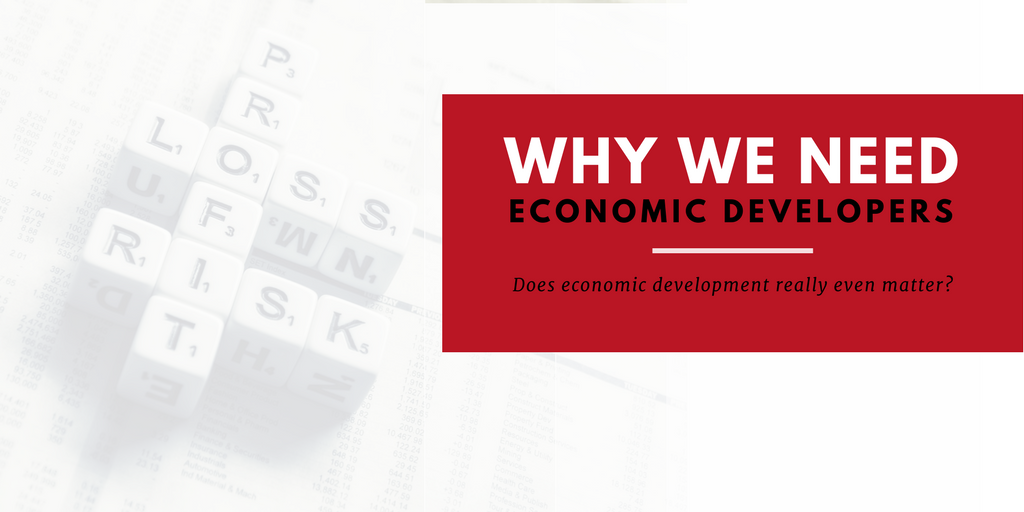
C-suite executives appear to be chasing lower tax structures more than ever these days. And it’s made me wonder whether Charlotte lost out on this headquarters, and the Amazon project, because of income taxes, something that likely won’t change, at least any time soon.
Is Charlotte losing out on projects because of factors it has no control over? Conversely, of those companies that do call the Queen City home, did they base their decision on factors that leaders don’t have any influence over?
Taken together, these ideas beg the bigger question: Does economic development really even matter?
I say yes.
A primary reason is relationships. You’ve got to put the welcome mat out for prospective companies and executives, and it must be done professionally. You might not know what truly matters most to decision makers, but knowing how to put out a proper welcome mat shows you at least know how to play the game.
Much of the frustration the public officials experience with economic development is there is this veil of secrecy that they’re not allowed to pierce. And how do you quantify a relationship that may influence a deal? Often the best salespeople are not the people who are the hard closers but are the ones who are able to quickly create trusting relationships and provide clarity on extremely complex decisions because of that trust.
Secrecy aside, you can find proof of the good work done by North Carolina’s economic developers. Consider Site Selection magazine, which consistently rates North Carolina as being one of the most effective economic development states.
And then there are Site Selection’s Mac Conway Awards for Excellence in Economic Development, which recognize the top local and regional economic development agencies in the US for their roles in helping to deliver prosperity to their communities. The Charlotte Regional Partnership was recognized this year as one of the top 10 economic development groups in the country. While not a ranking, objective criteria are used to identify the top performers.
This year’s Mac Conway Award winners were determined by an index that examines corporate facility investment projects in US metro areas as tracked by Site Selection’s proprietary Conway Projects database in 2017. Scores are awarded based on six criteria: total projects, total investment associated with those projects and jobs associated with those projects; and those same three numbers calculated per capita for the metro area. See the list of winners here.
To be sure, there have been less effective economic development efforts throughout history, particularly when economic developers are closely tied to bureaucracy. In North Carolina, I served on the N.C. Economic Development Board under Gov. Beverly Perdue because I wanted to promote my state. I was disappointed with the board’s limited involvement in economic development, which then consisted mostly of getting reports and touring factories.
But ever since economic development responsibilities were transitioned to a private-public partnership, economic developers have been much more successful. They are able to raise more money from the private sector, attract higher quality employees, and and create stronger marketing appeals.
In the economic development business it’s commonly understood that 80 percent of decision making is objective, based on issues including logistics, employment data, incentives, wages and tax rates.
But the rest of the decision is subjective, and where the art of relationships really matters.
This art can help sell intangibles such as the quality of the golf courses, hotels and restaurants that are of interest to the executives and the attributes of area schools that are desired by a spouse.
Just how effective an economic developer is in convincing a CEO that he should bring his wife to town for a tour may be the real value that we get from having top-tier economic developer professionals.
Being able to influence 20 percent of a decision is significant. And it can boil down to being able to exhibit real hospitality. I regularly talk and work with people involved in economic development, and I can say with great confidence that this is where we excel.






